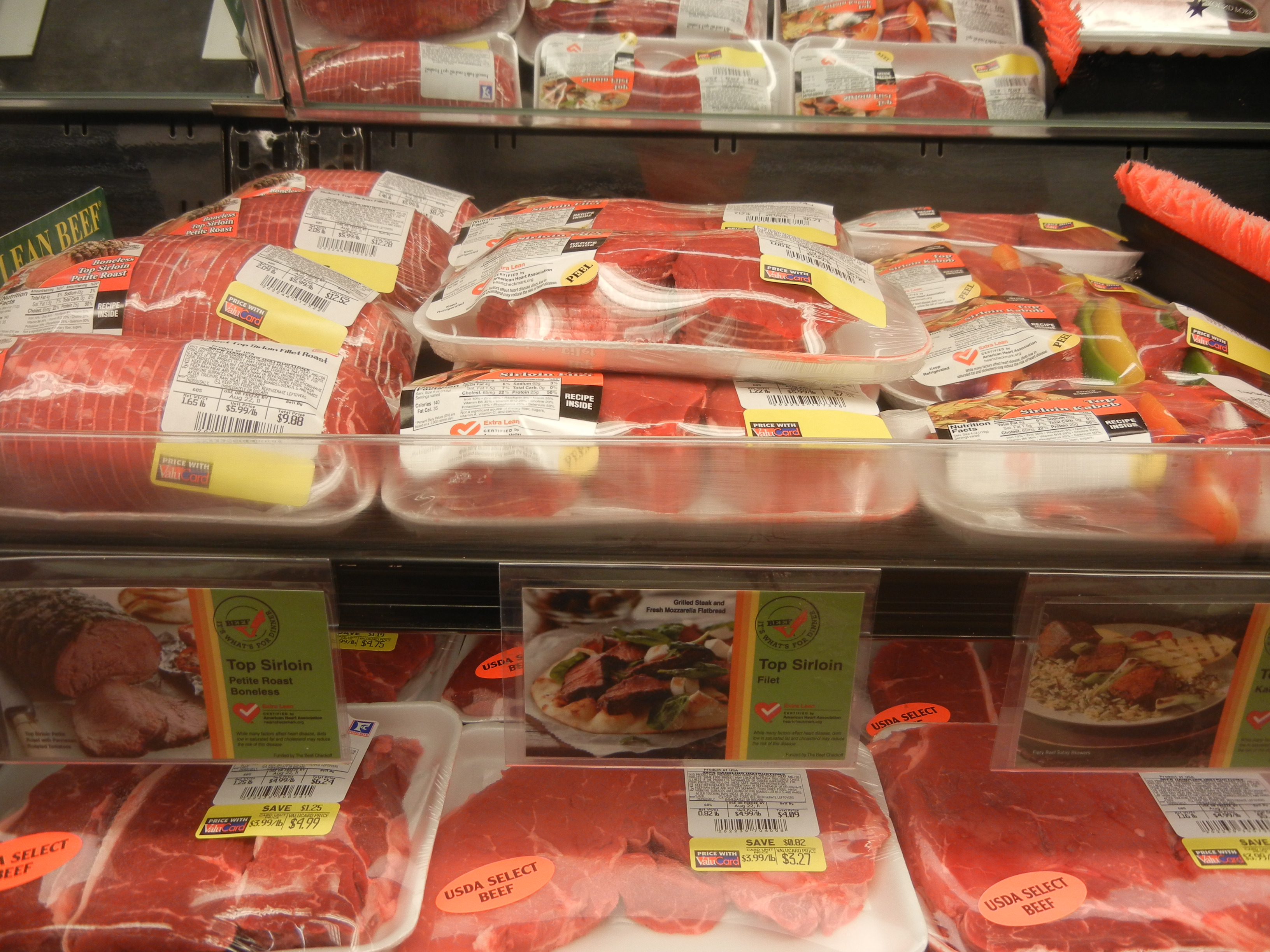 A new study will help the beef industry prioritize its efforts to boost beef demand. Kansas State University Livestock Market Economist Glynn Tonsor and Center for Risk Management Director Ted Schroeder came up with five bottom-line opportunities and priorities for the cattle industry. The first step is understanding demand. Tonsor said in order to improve something, you must first measure it. In this discussion, he said you have to understand what demand is, before you can make investments to improve it. This also means understanding per capita consumption is not the same things as demand, which is knowledge gap for the industry.
A new study will help the beef industry prioritize its efforts to boost beef demand. Kansas State University Livestock Market Economist Glynn Tonsor and Center for Risk Management Director Ted Schroeder came up with five bottom-line opportunities and priorities for the cattle industry. The first step is understanding demand. Tonsor said in order to improve something, you must first measure it. In this discussion, he said you have to understand what demand is, before you can make investments to improve it. This also means understanding per capita consumption is not the same things as demand, which is knowledge gap for the industry.
“So, hence our priority would be get that in front of producers and get them to take it up and understand it and appreciate it, more than they do today,” Tonsor said. “And stated bluntly, if you don’t know what demand is, it’s going to be hard to make the right decision about what to prioritize.”
Number two of beef demand priorities, Tonsor said it’s important the beef industry analyzes international beef demand prospects. This includes identifying countries and regions that can pay for U.S. beef. Tonsor and Schroeder are among many economists that think the global economic environment is going to positive outside the U.S. and global protein demand is going to grow. The United States is positioned to be one of multiple suppliers of beef, but Tonsor said it’s unclear which countries or regions are going to grow the fastest or are more likely to be positioned to value and pay for U.S. beef.
This audio was provided by Kansas State University, as Tonsor was interviewed by Eric Atkinson of Agriculture Today. Click or tap on the LISTEN BAR below to listen to today's Beef Buzz.
Back in the United States, Tonsor said its also important beef producers understand the changing dynamic of today’s U.S. consumer.
“The reason this is important is, at least today about 90 percent of what’s produced stays here domestically, so domestic demand is key,” Tonsor said. “Going forward, we think exports will grow, but we are still going to maintain critical importance of the domestic demand in this story and yet we recognize U.S. households are changing over time.”
Click here to see more...